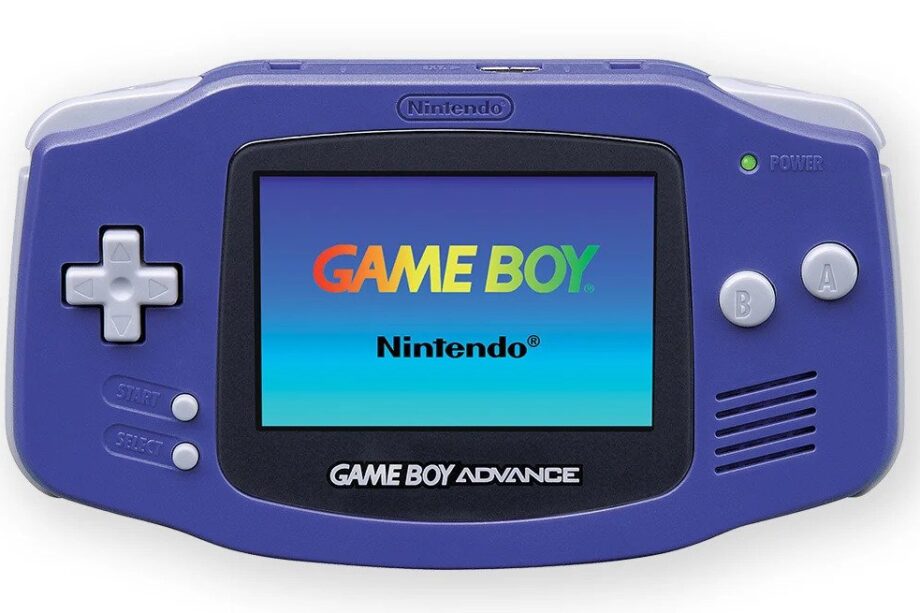Dead Space, Sonic Colors, Mass Effect – why are developers obsessed with the past?

OPINION: With the recent release of the Sonic Colours Remake, can we all admit that game developers should stop remaking old games?
Remakes and remasters are pretty significant nowadays. A lot of games get the remake treatment. This is where a game is remade and rereleased, usually with updated graphics and specs and sometimes with added story elements.
But since the release of Sonic Colours Ultimate, a remake of the original 2010 game, I just can’t get over the feeling that everyone would be much better off if developers stopped making remakes and instead focused on creating new stories.
First things first, not all remakes are made equal. I do understand the point of them, and I think it works best when you’re looking at a game like The Legend of Zelda: Link’s Awakening. The original game, published in 1993 for the Game Boy, is old enough that the 2019 remaster was almost like a new game, with massively improved graphics and a few new features to keep things interesting.
I appreciate the want to play every good game out there, it’s the biggest curse of any gamer. However, that doesn’t mean every game needs a remake, like the Mass Effect Series.
The first Mass Effect game was released in 2007, so while there definitely is a difference in the graphics from then to now, I don’t see the need to remake something that’s still accessible and playable. Even if the graphics aren’t in 4K, you’re still getting the original, unaltered version of the story that is still a really good game even a decade later.
The problem is that it’s really easy for studios to keep making remakes to get some easy sales, as if you’re a fan of Mass Effect, of course you’re going to buy the new Legendary Edition, because why shouldn’t you. This is why most of us have bought Skyrim at least three times since it was first released.
But then there are just fewer triple-A games out that actually have original IPs, so there are fewer unique ideas coming out each year and fewer games that actually try and develop a story further.
In the last year alone we’ve seen Call of Duty: Modern Warfare 2, Pokémon Diamond and Pearl and The Legend of Zelda: Skyward Sword as remakes, all games that aren’t even that old and really didn’t need the next-gen graphics and ray tracing of today’s games to be enjoyable.
Instead, what I would prefer to see is developers coming out with new games so they can take me on new adventures. There is also the option to create new IPs by using inspiration from classics. Undertale is famously inspired by Earthbound – a game I have never played – but I love the fact that developer Toby Fox was able to take that concept and style and turn it into a whole new game.
Back 4 Blood is another great example, developed by Turtle Rock Studios – the minds behind Left 4 Dead – it is a great game that has all the zombie shooting of the original franchise, but with a new cast of characters and new gameplay features that make it a whole new experience.
This is definitely a bigger issue in the triple-A world, Indie games don’t suffer from the remake treatment but that’s because usually, Indie games are focused on developing new stories and trying out new things, which is why a lot of my favourite games are no longer triple-A.
I would just like to implore any game developers out there to stop getting so lost on games from the past, whether they were great or not, there are so many new stories to tell, either in the form of sequels or brand new franchises.
Save the remakes for when they’re really needed, as there are only so many times I’m willing to rebuy the same game when there are so many other options out there.





